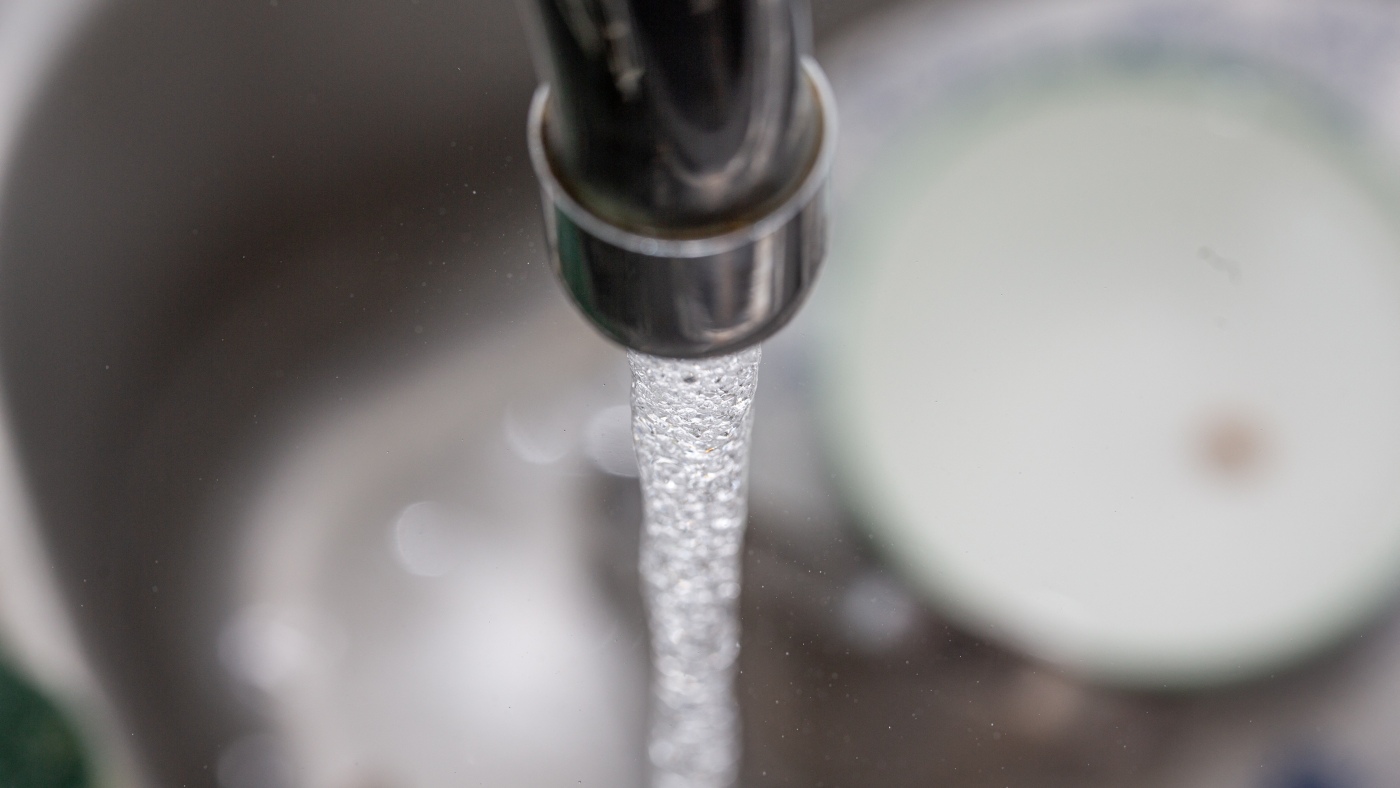Florida’s Pivotal Decision on Fluoride in Drinking Water
The Sunshine State finds itself at the epicenter of a contentious debate, as Florida edges closer to becoming the second state to ban fluoride in public drinking water. This legislative move, tucked within the broader Florida Farm Bill, has ignited a firestorm of controversy, with dental professionals and public health advocates voicing grave concerns over the potential repercussions.
A Legislative Journey
The bill, SB 700, has navigated a winding path through the Florida legislature. After securing approval from the Florida Senate, it advanced to the House, where it received final approval on Tuesday with an 88-27 vote. The legislation’s indirect ban on fluoride is achieved by prohibiting local governments from adding the substance to water supplies. The bill now awaits the decisive stroke of Governor Ron DeSantis’ pen, who has previously criticized water fluoridation as “forced medication.”
The Fluoride Debate: A Historical Perspective
The controversy surrounding fluoride in drinking water is far from novel. For decades, communities have been adding fluoride to public water supplies as a means of thwarting tooth decay. However, this practice has long been a lightning rod for debate. Opponents decry it as a form of mass medication, arguing that individuals should have the autonomy to choose whether to consume fluoride. Conversely, proponents point to a mountain of research supporting fluoride’s efficacy in reducing cavities and bolstering dental health.
Public Health at Stake
Dentists and public health advocates have vociferously opposed the proposed ban, asserting that fluoride is a safe and effective shield against cavities for all ages. The American Dental Association (ADA) and the American Medical Association (AMA) stand firmly behind water fluoridation as a vital public health measure. They contend that the benefits of fluoride far outweigh the risks, particularly for vulnerable populations such as children and low-income individuals who may lack access to regular dental care.
Environmental and Economic Ramifications
The potential ban on fluoride extends beyond health concerns, raising environmental and economic questions. Fluoride, a naturally occurring mineral, varies in concentration depending on the region. Critics argue that prohibiting fluoride could lead to increased use of dental treatments and products, potentially exacerbating environmental impacts. Moreover, the economic burden of dental care could shift from a community-wide preventive measure to individual responsibility, potentially inflating healthcare costs.
Governor DeSantis: The Decision Maker
Governor Ron DeSantis has made his stance on fluoride crystal clear, referring to water fluoridation as “forced medication.” His office has remained tight-lipped on whether he will sign the bill, but his past comments suggest a leaning towards supporting the ban. Should he affix his signature, Florida will join Utah as the second state to outlaw the addition of fluoride to public water supplies.
A Broader Trend in Public Health Policy
Florida’s move to ban fluoride is but one example of a broader trend, as states and municipalities scrutinize and reassess public health policies. As public consciousness of health and environmental issues grows, so too does the examination of long-standing practices. The fluoride debate encapsulates the intersection of science, policy, and public opinion in shaping health outcomes.
The Potential Impact on Public Health
Should the bill be signed into law, the impact on public health could be profound. Fluoride has been shown to reduce tooth decay by up to 25% in communities where it is added to the water supply. For children and adults without access to regular dental care, this preventive measure can be a lifeline. The ban could precipitate an increase in dental problems, particularly in underserved communities.
The Future of Fluoride in Florida
As Florida teeters on the brink of becoming the second state to ban fluoride, the future of public health in the state hangs in the balance. The decision will have far-reaching implications for dental health, public policy, and individual rights. The coming weeks will be pivotal as Governor DeSantis decides whether to sign the bill, potentially setting a precedent for other states to follow.
The Crossroads of Public Health
Florida stands at a crossroads in its approach to public health. The proposed ban on fluoride in drinking water signifies a substantial policy shift, one that could leave an indelible mark on the dental health of its residents. As the debate rages on, it is crucial to weigh the scientific evidence, public health implications, and individual rights. The decision ultimately rests with Governor DeSantis, whose signature will chart the course for fluoride in Florida’s water supply. The outcome of this legislative process will undoubtedly shape the conversation around public health and individual rights in the years to come, serving as a bellwether for other states grappling with similar debates.








